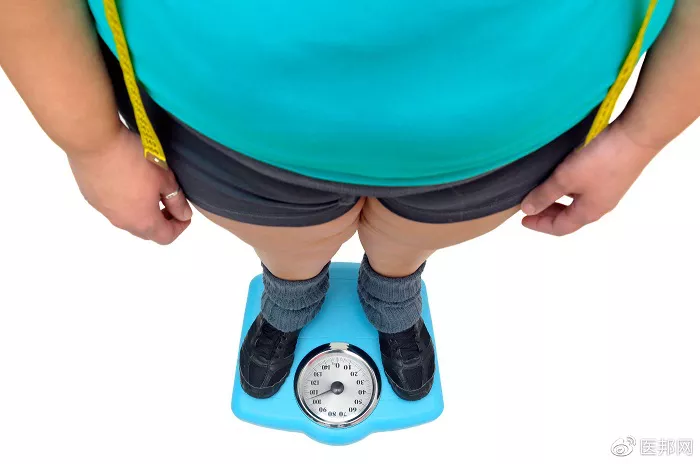The belief that “children should be raised to be chubby and fair” is firmly ingrained in many households. Some parents think that since children are growing, a little extra weight doesn’t matter, as they’ll naturally slim down as they get older. But is this concept really correct? And at which stages are children most likely to gain weight?
Pan Changlu, Deputy Chief Technician of the Clinical Nutrition Department at Beijing Children’s Hospital, National Children’s Medical Center, has the answers. According to Pan, weight management has nothing to do with age. Parents should never assume that “children will lose weight as they grow up” or think “it’s okay to wait until they’re older to start losing weight.” Timely intervention is crucial for safeguarding their children’s health.
The “Dietary Guidelines for Obesity in Children and Adolescents (2024 Edition)” issued by the National Health Commission states that childhood and adolescent obesity can persist into adulthood, raising the risk of various chronic diseases. Research shows that if left untreated, a 6 – month – old infant has a 14% chance of developing adult obesity. This probability jumps to 50% and 70% at the ages of 6 – 7 and 10 – 13 respectively. During adolescence, the likelihood is as high as around 80%. Moreover, the more severe the obesity, the greater the chance of it turning into adult obesity.
There are three main reasons for this. First, unhealthy lifestyles persist. Obese children often have poor eating habits, like a love for sweets, preference for strong flavors, and being picky eaters. They also tend to lack sufficient exercise and have irregular daily routines. Without intervention, these unhealthy habits won’t change with age. As a result, while their height may increase, their weight remains excessive, with fat cells becoming larger and more numerous. Fat cells act like “small energy – storing warehouses.” The more and larger they are, the more obese a person becomes. The number of adipocytes reaches its maximum around adolescence and then mostly stops increasing. Compared to children of normal weight, obese children have both larger fat cells and a greater quantity of them, making them more prone to obesity as they grow up and significantly increasing the difficulty of weight management.
Second, obesity can impact height growth. Studies indicate that obese girls usually reach sexual maturity earlier, while boys often experience delayed sexual development. Both situations can affect a child’s normal growth. Additionally, many obese children have an advanced bone age, which can also influence their final height.
So, when exactly are children most likely to gain weight?
The first stage is from 0 to 2 years old, the infant – toddler period. This is when children grow and develop at the fastest pace and gain the most weight, known as the “first growth peak” after birth. It’s vital to avoid overfeeding and add complementary foods in a timely and scientific manner.
The second stage is the preschool years, from 3 to 6 years old. At this time, children’s chewing ability is still not fully developed. They are prone to picky eating and insufficient exercise. Parents can actively educate and guide them to develop balanced eating habits, for example, by reading picture books together or engaging in parent – child food education activities.
The third stage is adolescence, from 10 to 18 years old. This is the “second growth peak” and also a period with a high prevalence of obesity. With a large appetite during this time, it’s necessary to ensure a balanced and reasonable diet. Choose healthy snacks such as fruits, milk, and nuts. Do one hour of moderate – intensity exercise every day and maintain a regular schedule. Parents should also play an active role in guiding, supervising, and accompanying their children during this crucial time.
Related topcis


